Employee Spotlight: Darin Wendt, Portage Wisconsin Logistics Manager
We are excited to feature Darin Wendt, who has dedicated thirteen years as a logistics manager!
Before working at Asphalt Materials, Darin worked as a fleet manager for a large feed mill servicing areas in Wisconsin, Illinois, Iowa and Minnesota. His job as a fleet manager provided him with many transferable skills that he now applies in his current position.
Darin currently works at our Portage, Wisconsin, location at H.G. Meigs, LLC. He enjoys seeing AMI products being implemented in projects, from distributor crews spraying emulsion with chip seal or drivers hauling product to customers.
Darin oversees a team of truck drivers and mechanics at both our Portage and Abbotsford, Wisconsin, locations. He also leads the staffing and execution of our Meigs Advantage & Transport operations. It is important to him and his team that they get the loads of products delivered promptly and safely.
“Darin brings a lot to the table in our Wisconsin market when it comes to our logistics program,” said AMI Director of Logistics Tyler Trent. “He is always willing to hop in a truck himself to help deliver our business in times of need. I am happy to have Darin as part of our logistics team and proud of the impact he delivers in our Wisconsin market.”
Darin works closely with Plant Manager Garrett Barquist at the Eau Claire location and Plant Manager Brent Faber at the Abbotsford location. Together they help mitigate any potential problems and ensure there are enough resources available for customer orders.
At the Portage plant, Darin works closely with Business Delivery Manager Rachel Yates and Plant Operator Jerry Griffin.
“Rachel has a great relationship with many of our customers and can receive information on upcoming jobs that may require additional trucking while Jerry has been with Meigs for over 42 years and has an amazing ability to adjust on the fly,” said Darin. “With one phone call our dispatch board can change dramatically, and Jerry can sort everything out calmly and methodically. We have a great team at Meigs, from our awesome mechanics to our dedicated drivers everyone is willing to step up to the plate when it’s their turn.”
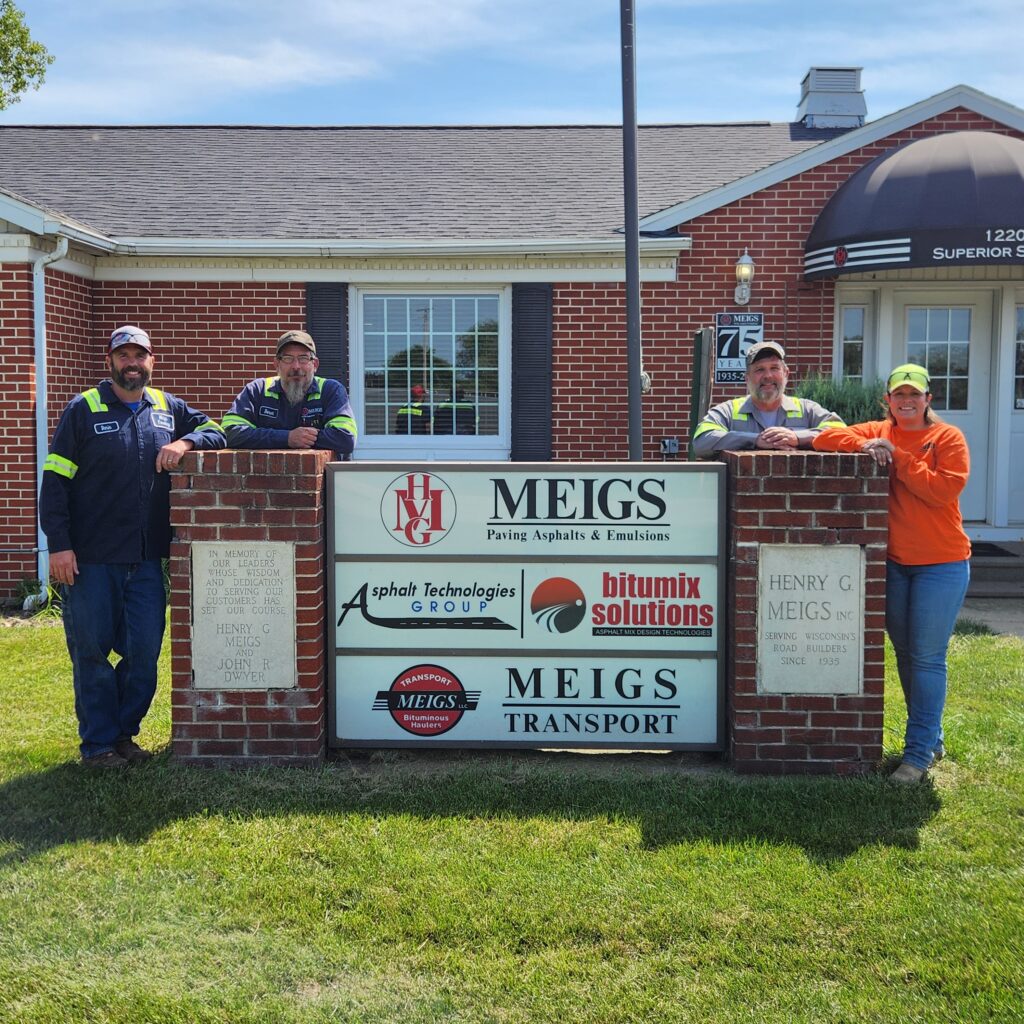
“Darin is a quiet but powerful force behind our logistics in Wisconsin, and his knowledge and experience make him a clear standout on the team,” said Heritage Construction + Materials Compliance Manager Samantha Komperda. “What I have enjoyed most about working with him is his straightforward approach to sharing knowledge and his dedication to boldly advocating for the group he leads. Because of his hands-on experience in transportation and logistics, he is uniquely situated to make sense of the issues the logistics team faces and continues to share his experience in a way that drives the entire team forward.”
Over the years, Darin learned that adapting to changing circumstances and responding quickly are great skills. He has also learned never to underestimate experience and to learn from the people who are doing the work. What drives Darin most in his career is his family, his wife Kelly and son Brock.
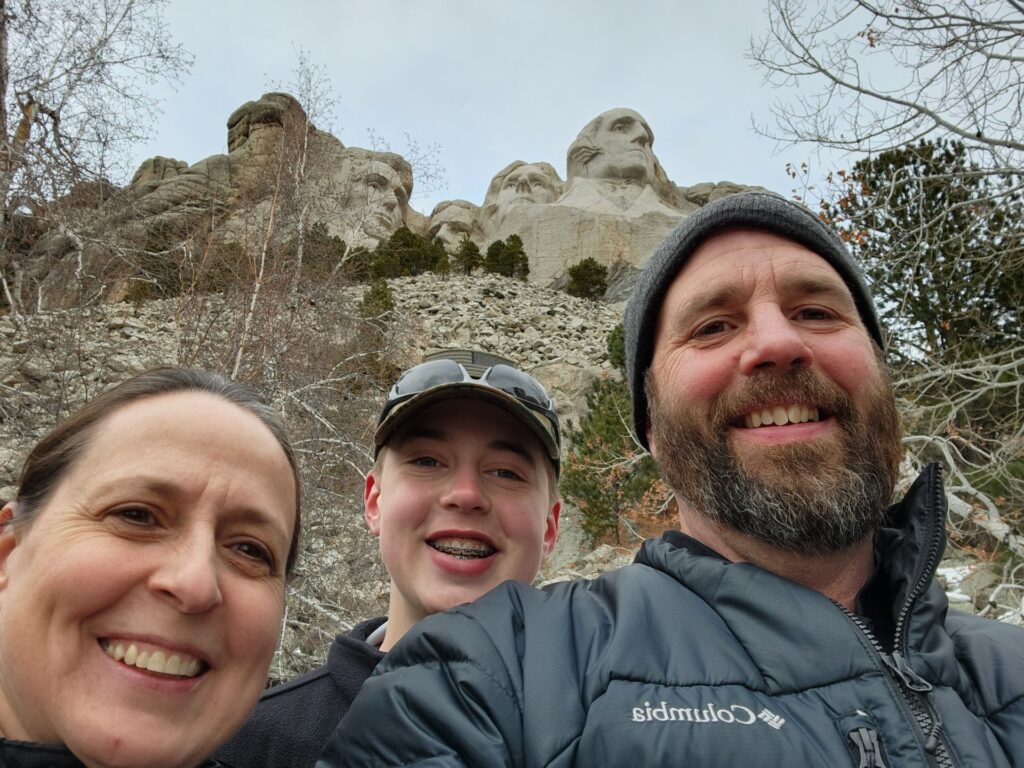
Darin Wendt’s dedication and expertise have significantly impacted our logistics team. We look forward to seeing his future accomplishments and the continued success he will bring to the organization. Thank you, Darin, for your outstanding contributions and unwavering dedication!



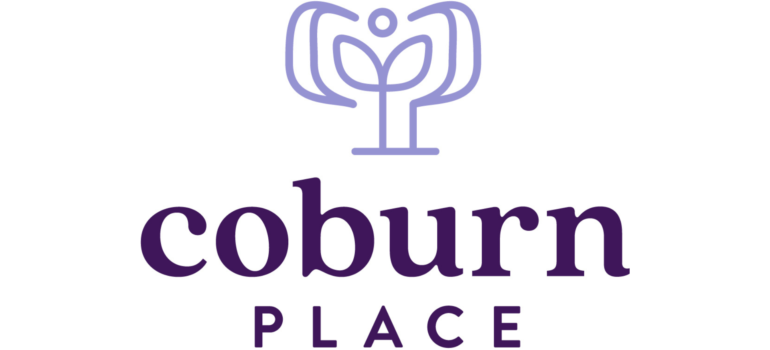

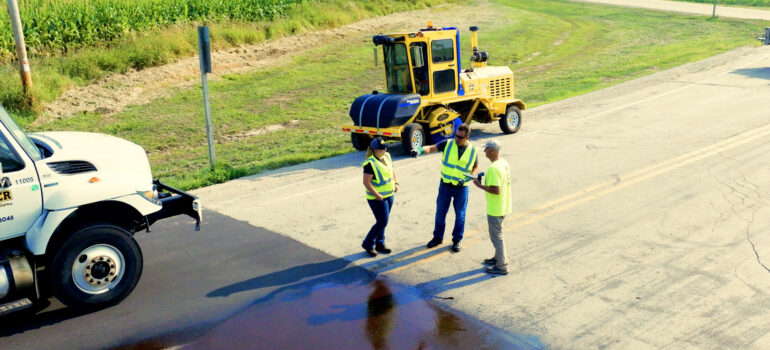
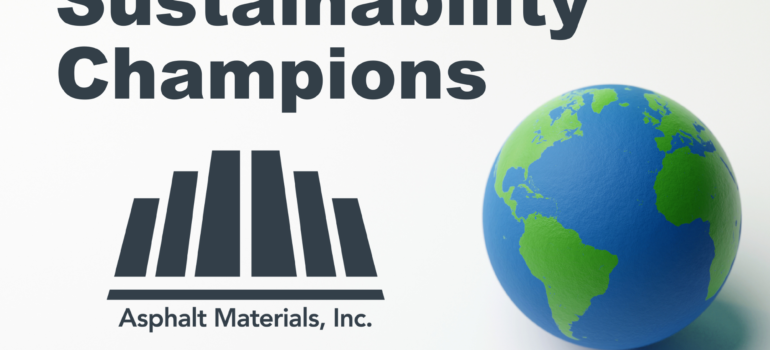


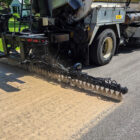
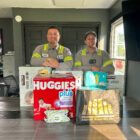
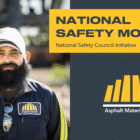
Recent Comments